Jamaican Everlyn Hunter is used to standing out in a synagogue.
“I am used to being one of the few blacks in white settings, so I’m not having a new experience being black in a Jewish community necessarily,” said Hunter, a board member at Beth Chayim Chadashim (BCC), a Reform synagogue on West Pico Boulevard.
Carlton Williams, an African-American member of Temple Beth Am, agrees that skin color is not an overriding factor in his connection to the Jewish community.
“I feel more of an interaction from value to value, as opposed to skin color to skin color,” said Williams, 46. “There’s a diversity of Judaism, and I don’t consider Judaism as one color, because I’ve seen multiple ethnicities of Judaism.”
A Pew Research Center Survey of U.S. Jews conducted from Feb. 20 to June 13, 2013, found that 2 percent of the approximately 6.7 million Jews in the United States are black. And although the survey includes a broad definition of “Jewish,” from being born Jewish to non-Jewish people with a Jewish affinity, high Jewish intermarriage rates and adoption levels suggest that the number of racially diverse Jews, including blacks, is significant and climbing.
“Certainly conversion is one way, and the extent to which 50 percent of Jews intermarry,” said Diane Tobin, the founder and director of Be’chol Lashon, a Jewish research and community-building initiative. She added that Jews also adopt — often transracially — at twice the standard rate.
However, the number of black Jews in Los Angeles is still comparatively very low.
“The smallest group I have that ever converts are black,” said Rabbi Neal Weinberg, the rabbinic director of Judaism by Choice, an organization that offers classes on Judaism for those considering conversion, explaining that approximately 10 of his 300 students a year are black.
“The black community is so connected to Christianity, and so if a black person leaves and becomes Jewish, there are very few other black Jews that they connect with, so it takes, I think, a lot of courage for a black person to consider Judaism,” Weinberg said.
Indeed, Lisa Bellamy, 33, who is mixed race and converted to Judaism last August, recalls how before converting, Jews asked her why she would want to add on another reason to be discriminated against as someone who is already a minority.
“In all honesty, I didn’t feel I had the choice,” Bellamy said. “Growing up mixed, I did have issues with feeling out of place and not truly accepted by either race. It wasn’t until I converted and got more involved in my Judaism that I truly felt I was home.”
Indeed, with the coming of Martin Luther King Jr. Day on Jan. 20, Bellamy points to Jews’ and blacks’ common history: “We have a long history of both being oppressed and with discrimination, and in the civil rights movement a lot of Jews helped out with that. There’s a natural camaraderie and empathy for the Jewish people with the black community,” she said.
BCC member Hunter was raised Seventh-day Adventist but converted three years ago. During her conversion process, she discovered she had Syrian-Jewish family on her maternal side, who had migrated in the 19th century to Jamaica, where Hunter was born and raised until she moved to the United States with her family at age 14. For reasons unknown, her grandmother had raised her mother Seventh-day Adventist, keeping the family’s Jewish heritage secret.
Hunter rejected the church as a child and first connected to Judaism in college through her observant Jewish girlfriend, with whom she kept a Jewish household. However, Hunter later lost touch with Judaism, then reconnected only when she moved six years ago to Los Angeles, where Jewish friends and mentors she met led her to explore the religion further.
“I was looking for a spiritual community, a religious connection,” she said. “Pretty important people in my life were Jewish, and practicing Jews.”
Hunter was attracted to the Jewish idea of tikkun olam as well as the value for education in the community, and she identified with Judaism’s “nomadic history.” Ultimately, converting to Judaism was “less a conscious analytical choice than it was something that felt right.”
Like Hunter, Williams — who had belonged to a Methodist church with his family, then converted along with his wife and three kids in 2010 — pursued Judaism partly due to his encounters with Jews. When he visited a social services agency during the recession, the person who helped him was wearing a kippah.
“I felt a lot of tzedakah from the [Jewish] community,” Williams, 47, said. “We just kept seeing people in kippahs helping us out. As we were being helped and getting ourselves back together, it kept getting back to this Jewishness.”
He recalled thinking, “Maybe there’s a people I belong to that I don’t know about.”
Hunter said she has experienced some tension between her black and Jewish identity. She recalled one incident when she received negative treatment from a gay African-American group with whom she was campaigning for marriage equality when she revealed she was Jewish.
“Within the Jewish community I have encountered prejudice, and within the black community here I have encountered prejudice against Jews as well,” she said.
Bellamy, who attends services at the progressive, egalitarian community IKAR, first connected to Judaism when she reconnected at 18 with her maternal, white Jewish relatives, with whom she would celebrate the High Holy Days.
“All of a sudden, I had this big huge Jewish family that I always craved and wanted,” Bellamy said. “That was the first time I really started to relate to Judaism and feel accepted.”
All three interviewed for this story said they feel accepted by the Jewish communities they’re part of.
“I went to the Kotel — that was an incredibly, incredibly moving moment … but the [tune to] Ma’ariv Aravim is something that stays with me all the time,” said Hunter. “It’s something that I feel that’s always a profoundly emotional moment for me whenever I hear that.”
Part of the attraction to Judaism is also the Passover story, a story that ties Williams to his African-American roots, as well.
“My favorite holiday is Passover, as I can identify with the Exodus experience of transitioning from a slave to a free-thinking man.”







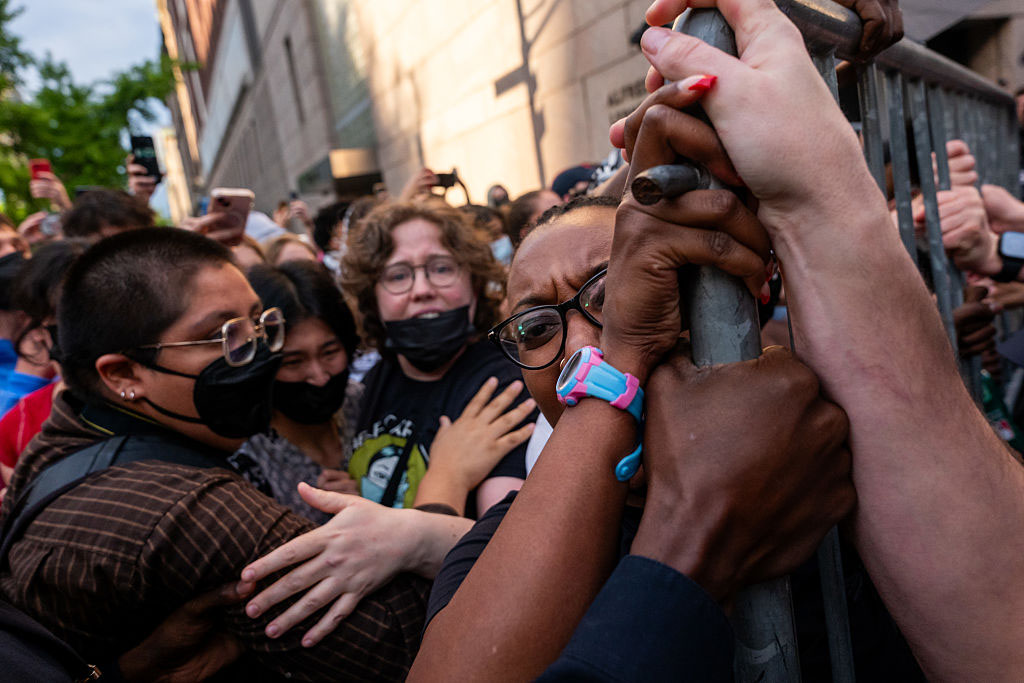
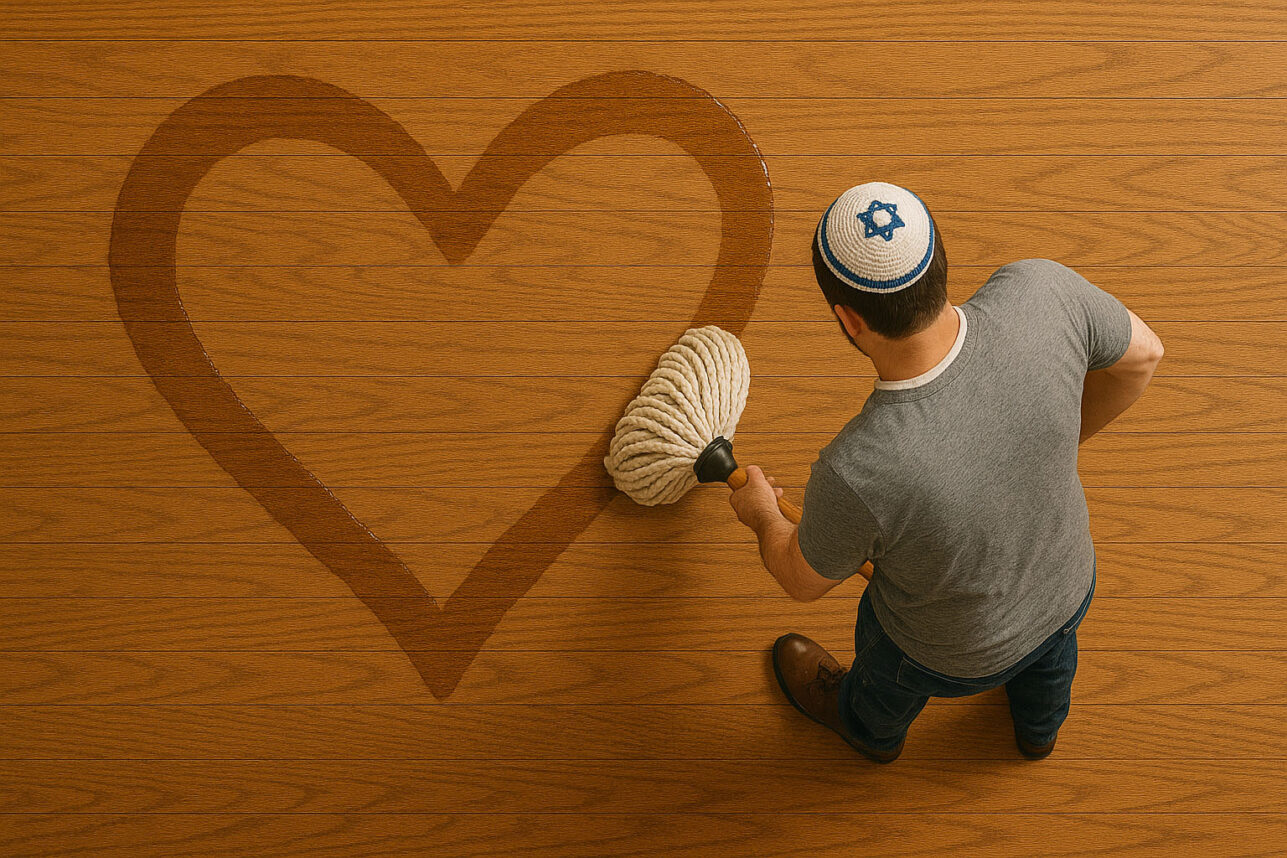
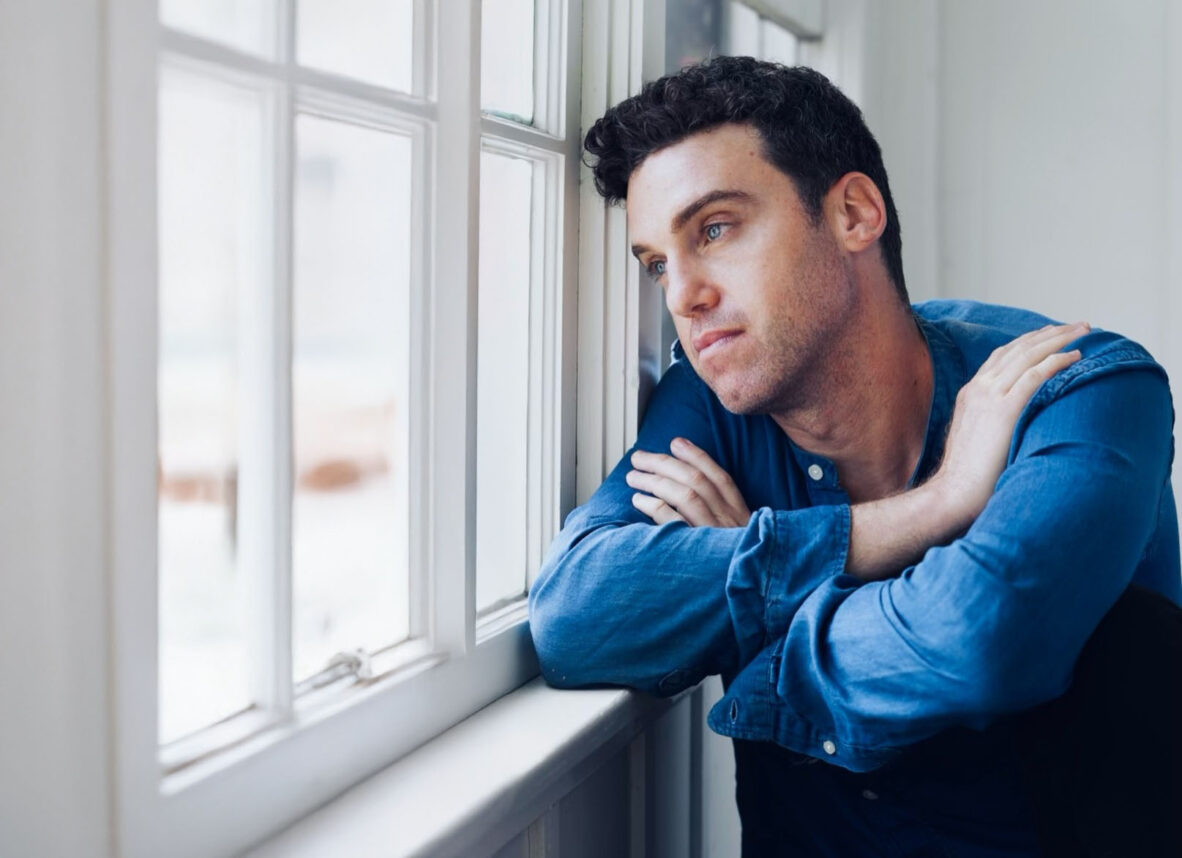
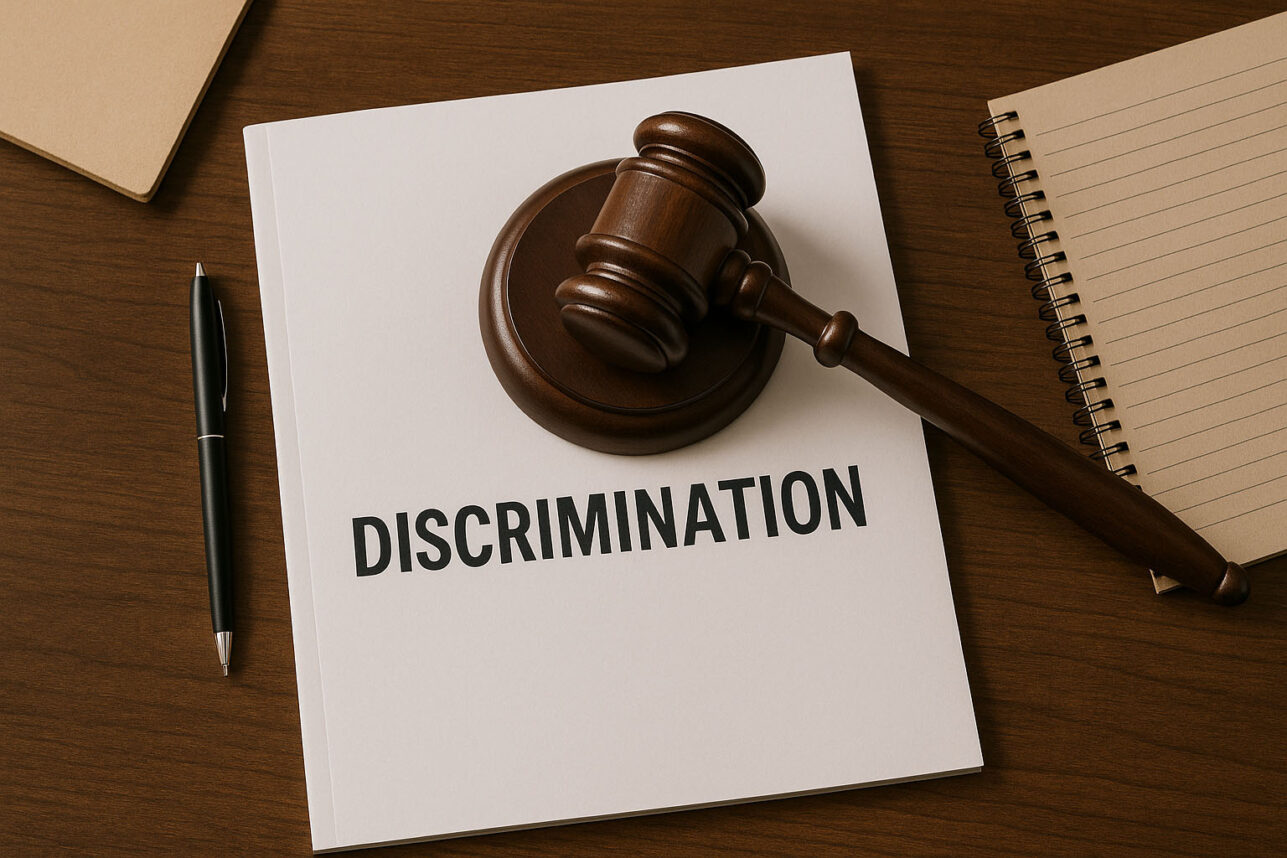
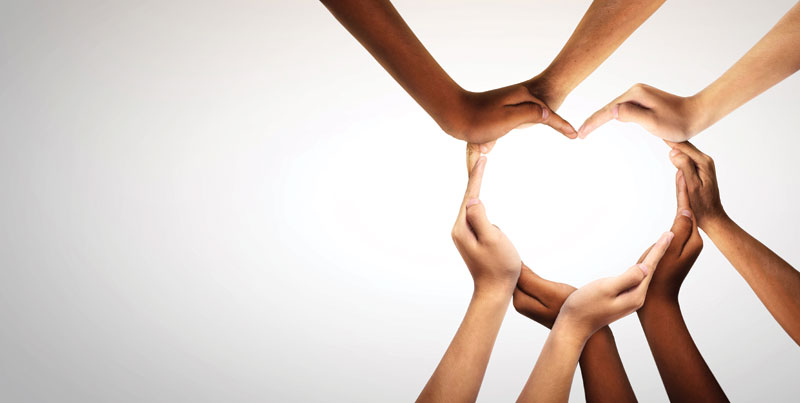
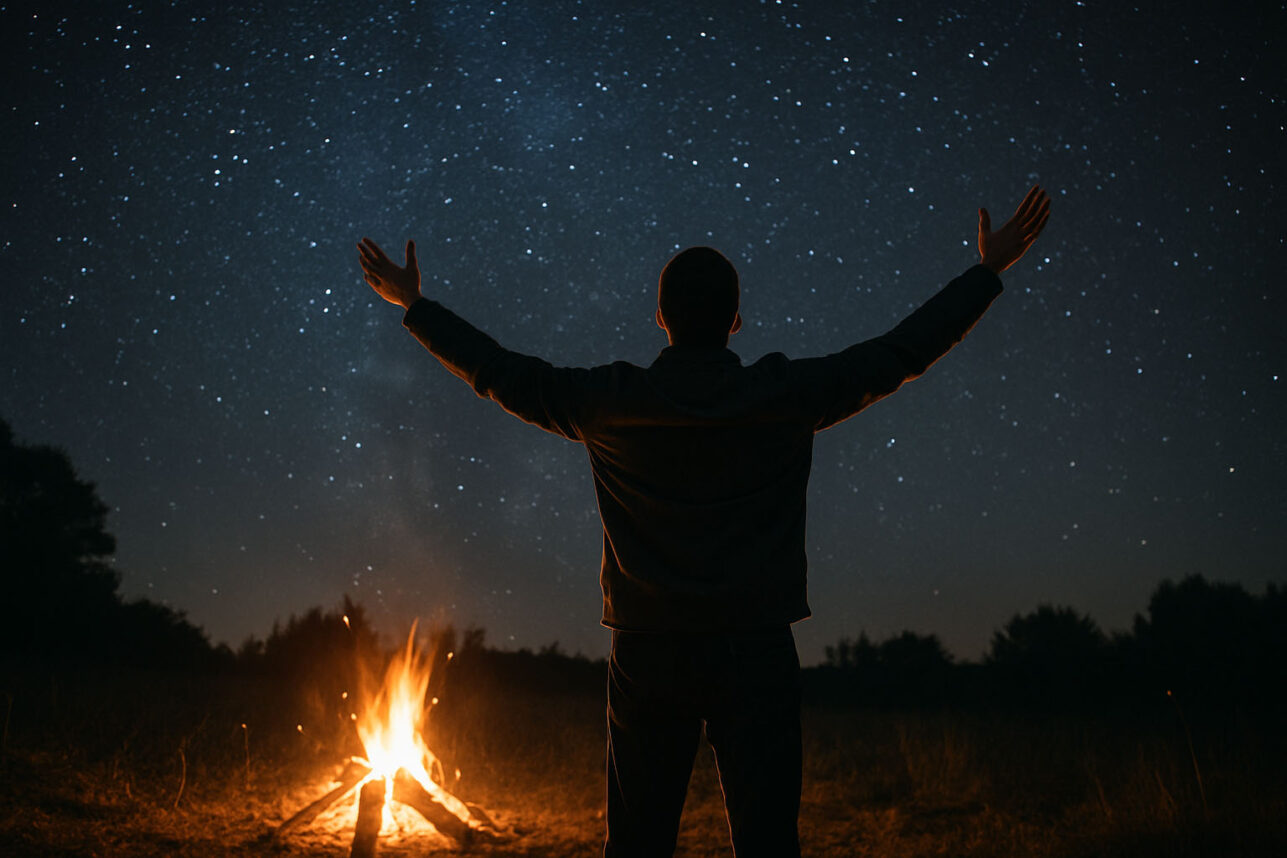
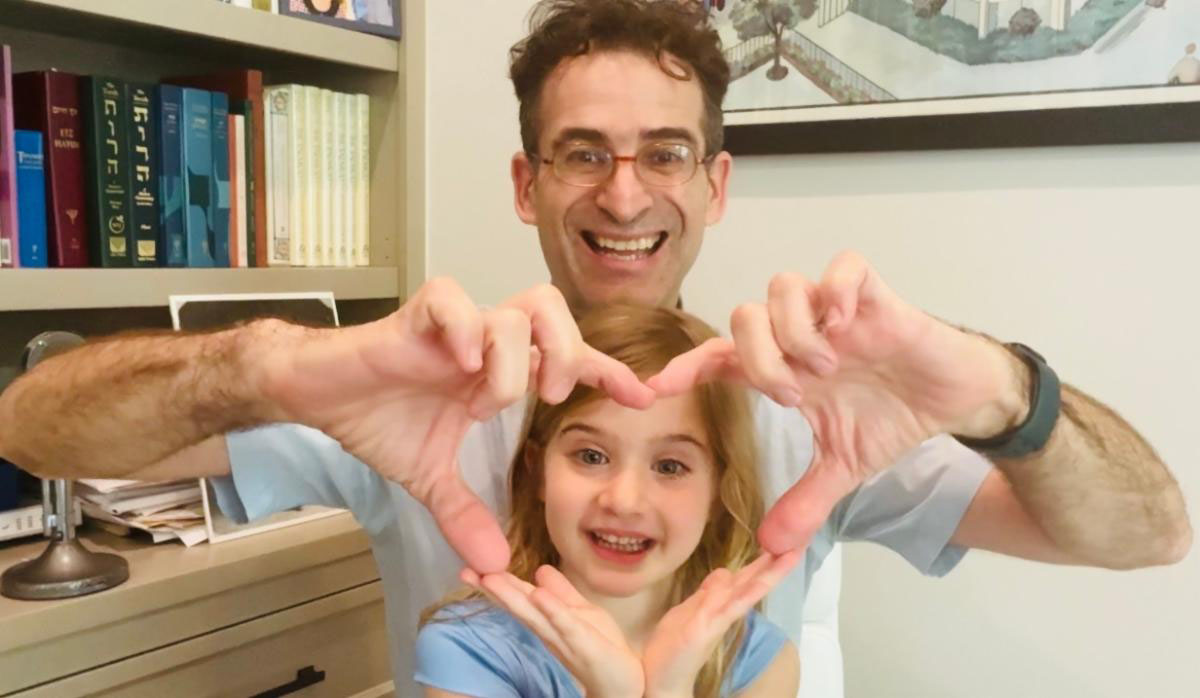
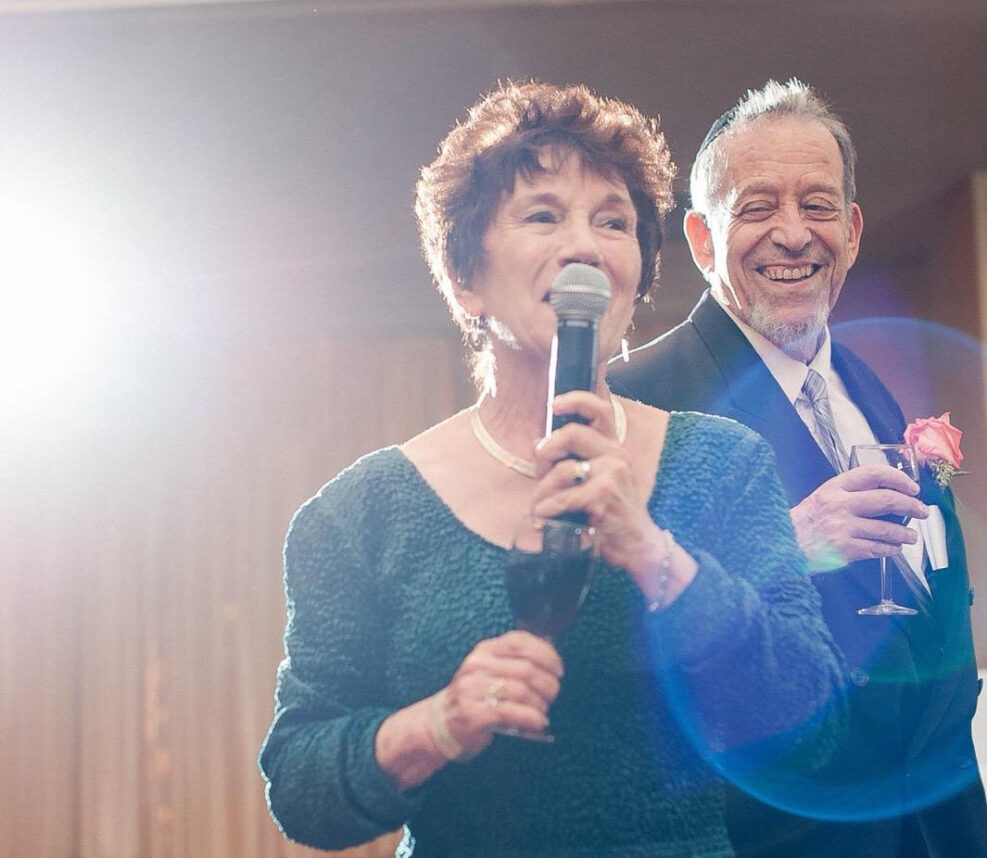
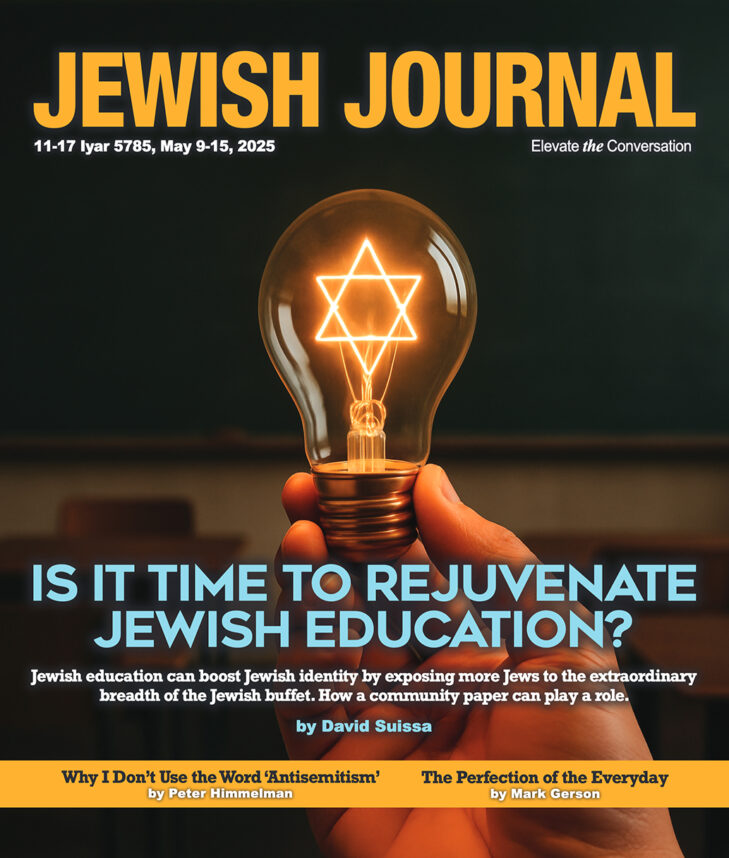
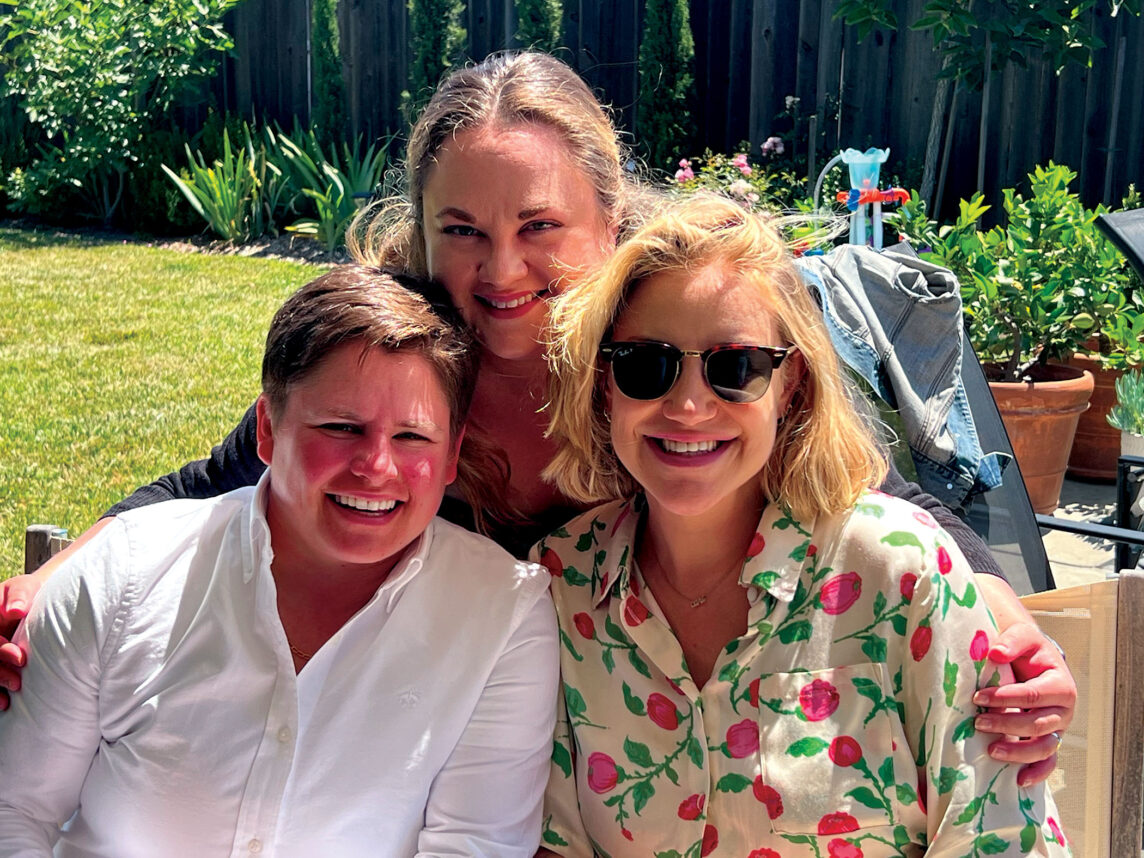



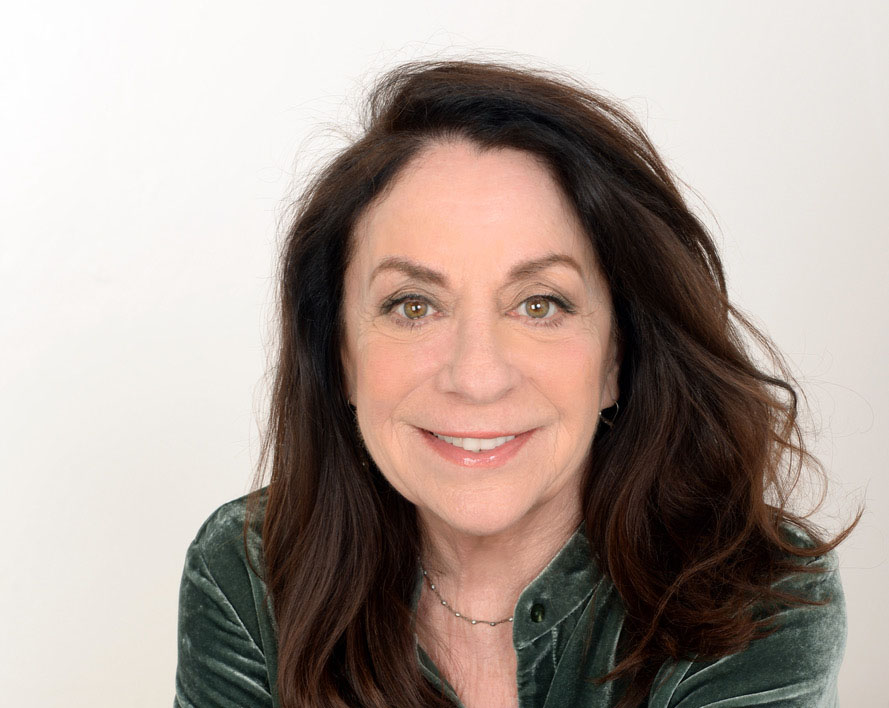
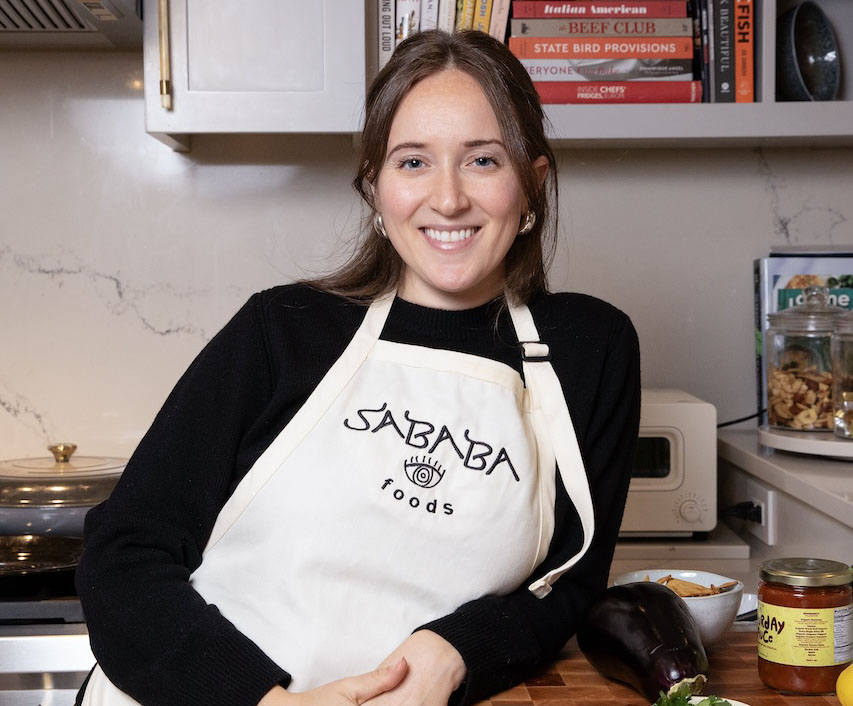

 More news and opinions than at a Shabbat dinner, right in your inbox.
More news and opinions than at a Shabbat dinner, right in your inbox.